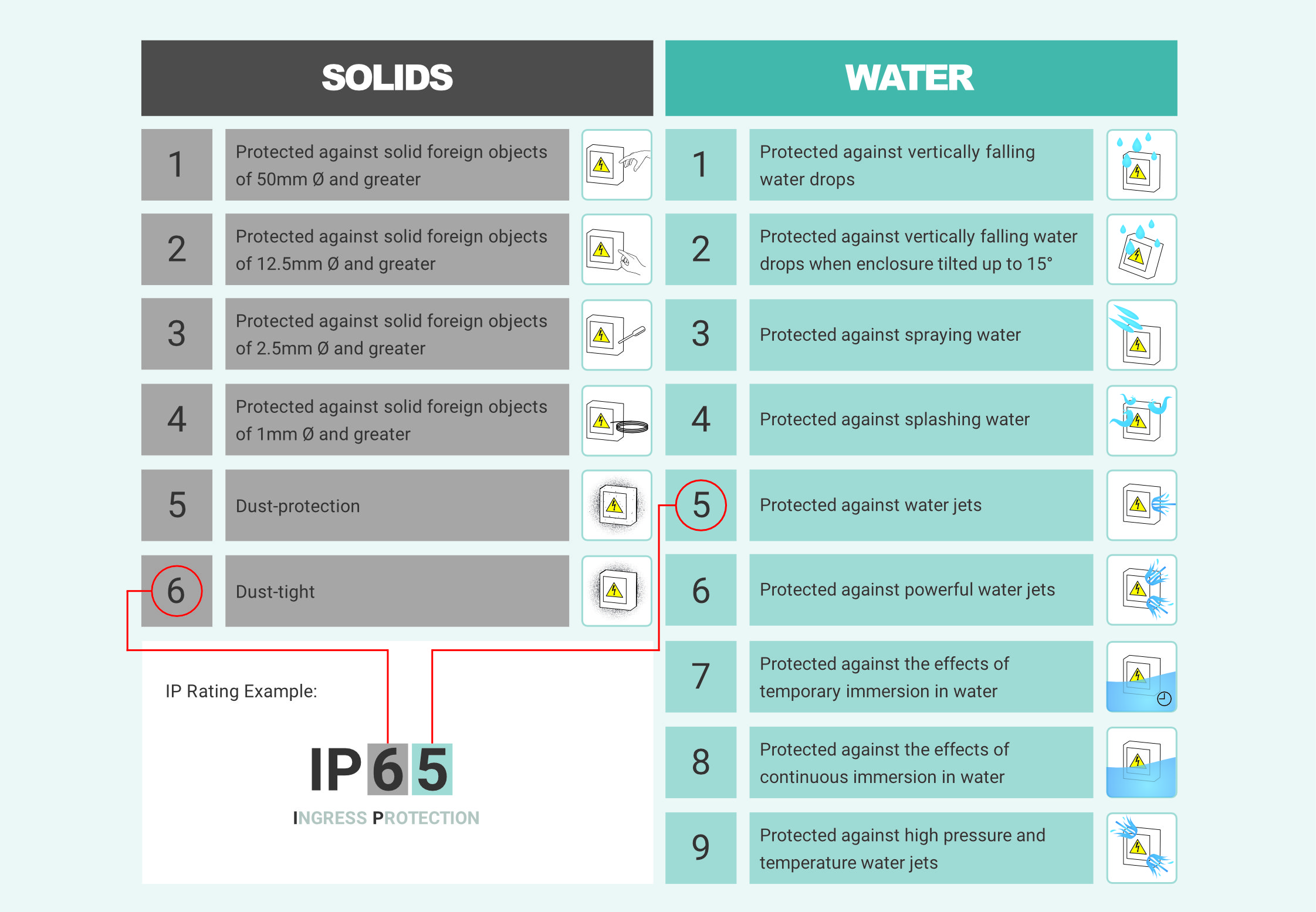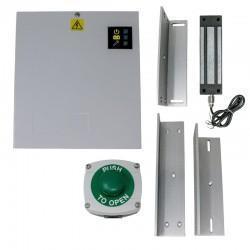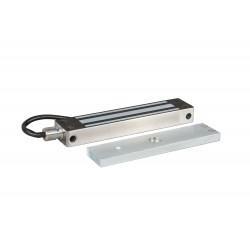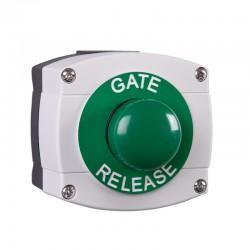Access Control for external gates covers a wide range of products – from automatic gate openers to intercom systems and proximity readers. This blog covers key things to think about when considering adding access control to your existing gate.
What do you want it to do?
Firstly, think about what you want to be able to achieve. Perhaps you wish to incorporate a fully automatic gate or maybe you simply want to have more control over who can access the gate. Once you have decided on what you want to be able to do, you will have an easier time in working out what you will need.
Consider the Users
The access control needs of a large swing gate where cars need to enter may have different requirements to a simple gate with foot traffic. If vehicle access is required, it may be a bit more time consuming for them to unlock the gate via a keypad, proximity reader or intercom system and manually open the gate to pass through, than it would be for them to pass through a fully automated gate. For people on foot, this simple system could be just what is needed.
Is the current gate adequate?
Sometimes, access control for certain gates could be a bit pointless. When considering access control even for internal doors and indeed, any ironmongery requirements in general, products are only as effective as the door or gate you put them on. If your gate is looking a bit worse for wear or has the potential for somebody to be able to reach around and unlock the handle or push an exit button from the outside, then it might be time to consider upgrading the gate itself before you go ahead and purchase any access control.
For security reasons, you should also assess the area around the gate – would intruders be able to climb over a nearby low-level wall or gain access by other means? Usually access control is added to provide additional security or to restrict access to certain areas so be sure to check these things or your access control system could be considered redundant.
Consider the weather and product choices
Access Control Systems are not a “one size fits all” type of product, however some components are suitable for both internal door and external gate post applications. Lots of external rated products have seals and/or potted electronics to prevent water ingress. Some products such as maglocks have specific models that have been designed for use on gates because the manufacturers know that these types of products (in comparison to internal models), need to have additional protection from the weather elements.
Some keypads, require additional rain shields to achieve their IP rating and some products like IP Rated call points and exit buttons, do not require any additional protection; so be sure to check product specifics before purchasing.
IP Ratings Explained:
IP Ratings are two-digit codes that indicate the level of protection a product has from dust and foreign bodies and moisture. IP is an abbreviation for Ingress Protection. The first digit is for resistance against dust and the second is for the level of water resistance it has.
When people talk about something being “waterproof”, it is usually generally accepted that IP65, IP66 and IP67 are being referred to and usually covers either mechanical or electrical products. There are slight differences internationally for IP ratings but in the UK, IP Codes fall under BS EN 60529:1992 and are classified as the following:

If you are considering adding an access control system to your doors or gates, be sure to have a look at our selection of access control kits, including external gate access control kits or contact us to discuss your specific requirements.











Comments